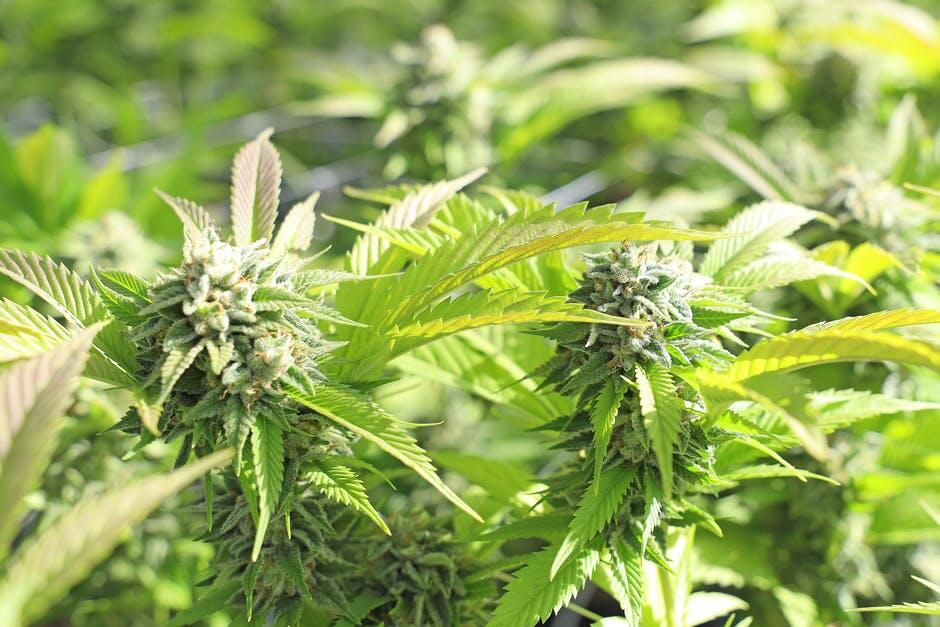THC and THCA come from the same cannabis plant. But do they work the same way? Many people think they are identical.
However, they have key differences in effects and benefits. THC is well-known for its psychoactive properties. THCA, in contrast, does not create a high.
Understanding these two compounds can help in choosing the right product. How do they affect the body differently? Let’s explore their unique properties, potential benefits, and how they fit into wellness.
What Is THC?
THC, or tetrahydrocannabinol, is the main psychoactive compound in cannabis. It binds to brain receptors, producing euphoria and altered perception.
Many people use THC for relaxation, pain relief, and stress reduction. It is also helpful for nausea and appetite stimulation. THC can be consumed through smoking, vaping, or edibles.
Legal restrictions vary, so it is important to check local laws. Some users may experience side effects like dizziness or dry mouth. Understanding THC’s effects helps consumers make informed choices.
What Is THCA?
THCA, or tetrahydrocannabinolic acid, is a non-psychoactive compound in raw cannabis. Unlike THC, it does not create a high. THCA is found in fresh cannabis leaves and flowers.
When heated, it converts into THC through decarboxylation. People consume THCA in juices, capsules, or tinctures for wellness benefits. It may help with inflammation, neuroprotection, and nausea.
Some research explores its role in supporting immune function. THCA is gaining interest for its therapeutic potential. Its effects differ greatly from activated THC.
How Do THC and THCA Differ?
The main difference lies in their psychoactive effects. THC interacts directly with the brain’s receptors, creating intoxication. THCA, in contrast, does not bind in the same way.
Instead, it requires heat to become THC. This transformation happens through smoking, vaping, or cooking. Raw cannabis retains THCA, offering different wellness benefits.
The body processes THC and THCA differently, leading to unique effects. Those seeking therapeutic benefits without a high often prefer THCA. Both compounds play distinct roles in cannabis use.
Health Benefits and Uses
Both compounds offer potential wellness benefits. THC is used for pain relief, nausea, and appetite stimulation. It helps patients undergoing chemotherapy or dealing with chronic pain.
THCA may support brain health and reduce inflammation. Some users choose THCA for its non-psychoactive properties. Research suggests it might aid in neurodegenerative conditions.
Understanding their effects helps consumers decide what suits their needs. Each compound has unique medical and recreational uses.
Choosing Between THC and THCA
The choice depends on personal needs and lifestyle. Those seeking relaxation or euphoria often prefer THC. People looking for wellness support without a high may choose THCA.
THC works well in edibles, tinctures, and inhaled forms. THCA is best in raw cannabis, juices, or capsules. This article posts facts to help readers make informed decisions.
Understanding potency, effects, and legal status is important. Consumers should consider side effects and personal tolerance. Speaking with a healthcare provider can offer guidance.
Learn the Key Differences Between THC and THCA
THC and THCA are related but serve different functions. THC produces psychoactive effects, while THCA remains non-intoxicating. Each offers unique wellness benefits, from relaxation to inflammation support.
Knowing the difference helps users choose the right compound. THC is best for those seeking euphoria or pain relief. THCA may suit those looking for wellness benefits without intoxication.
Understanding how these compounds work can improve cannabis use. Both have valuable roles in health and lifestyle. Making informed choices ensures better results.
Did you find this article helpful? If so, check out the rest of our site for more informative content.










